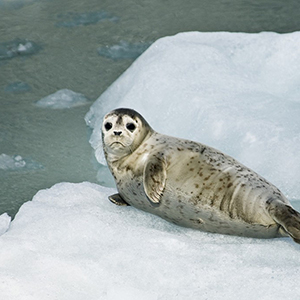
Tags: David Rosen, faculty, Marine Mammal Research Unit, marine mammals, MMean Lab, physiology, pinnipeds, Research, seals, Vancouver Aquarium
Two new studies by Dr. David Rosen answer the question: “How much fish does a seal need?”
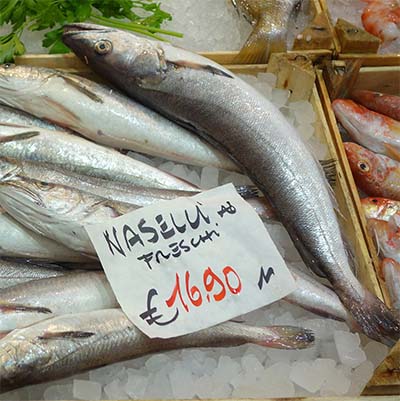
Tags: climate change, CORU, FERU, Ibrahim Issifu, Juan Jose Alava, overfishing, pollution, Rashid Sumaila, Vicky Lam
Over one quarter of Europe’s 20 most highly-fished marine species will be under extreme pressure by 2100 if nothing is done to simultaneously halt climate change, overfishing, and mercury pollution

Imagine a summer camp where you can watch grizzly bears catch salmon in streams, while learning about the migration and preparation of the fish hovering in the water at your feet.
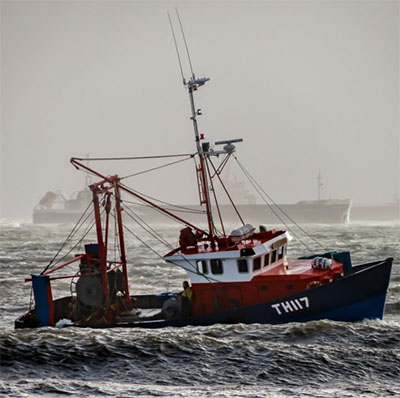
Tags: climate change, Colette Wabnitz, CORU, fish stocks, Gabriel Reygondeau, IOF Research Associates, Juliano Palacios-Abrantes, Research, William Cheung
The study tracked the shifting ranges of 9,132 transboundary fish stocks, which account for 80 per cent of catch taken from the world’s EEZs, starting in 2006 and projecting to the year 2100.
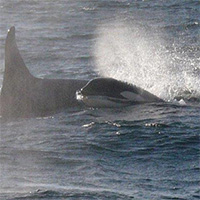
New data from stranded whales is yielding better estimates of body sizes needed to determine drug dosages, as well as assess the health and food requirements of whales
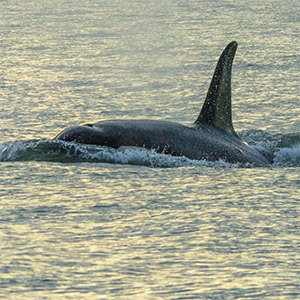
The whale used to develop the model preferred to save energy by gliding through the water when making deep dives, and when it was closer to the surface, it moved more actively, accelerating faster and ‘fluking’ its tail more often.
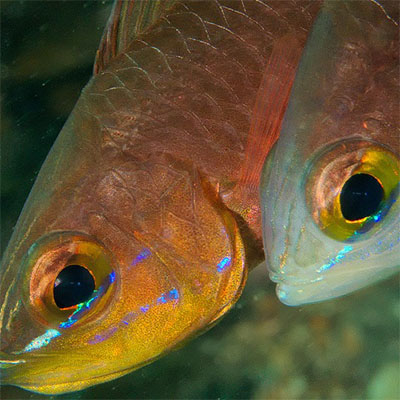
A consistent metabolic ratio found across 133 Chinese marine and freshwater fish species provides new evidence in support of the idea that fish become sexually active – and spawn for the first time – in response to growth-induced respiratory stress.
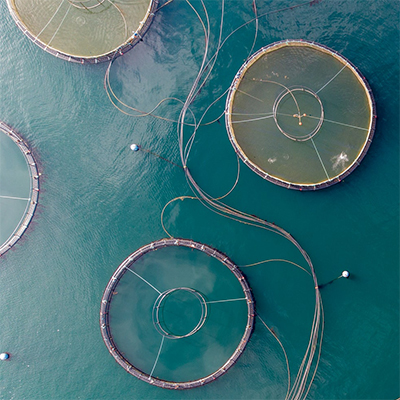
Tags: aquaculture, climate change, Colette Wabnitz, CORU, fish, fish farms, fishmeal, Gabriel Reygondeau, mariculture, Muhammed Oyinlola, mussels, salmon, seafood, shellfish, Vicky Lam, William Cheung
If we continue to burn fossil fuels at our current rate, the amount of seafood able to be farmed sustainably will increase by only 8% by 2050, and decline by 16% by 2090.
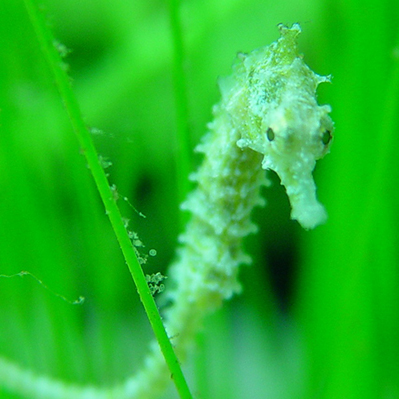
Tags: Amanda Vincent, CITES, faculty, FCRR, IOF Research Associates, IUCN, Project Seahorse, Publications, Research, Sarah Foster, seahorses
This new Fisheries Centre Research Report (FCRR) investigates the international live trade in seahorses.
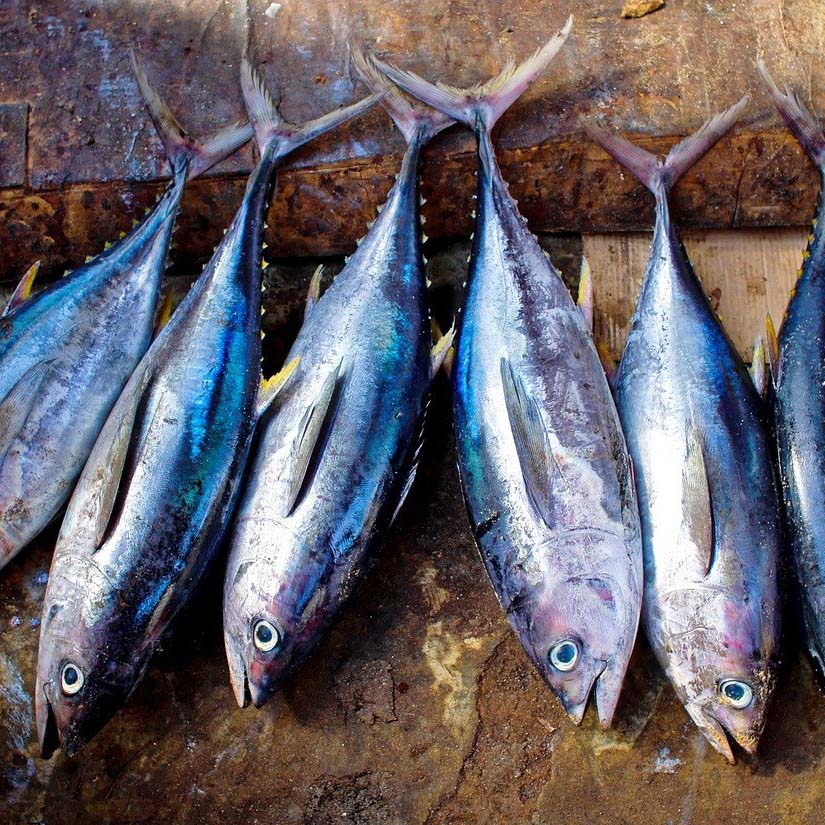
This new Fisheries Centre Research Report (FCRR) presents the key results of a multi-year activity of the Sea Around Us devoted to assessing the status of marine fisheries globally.